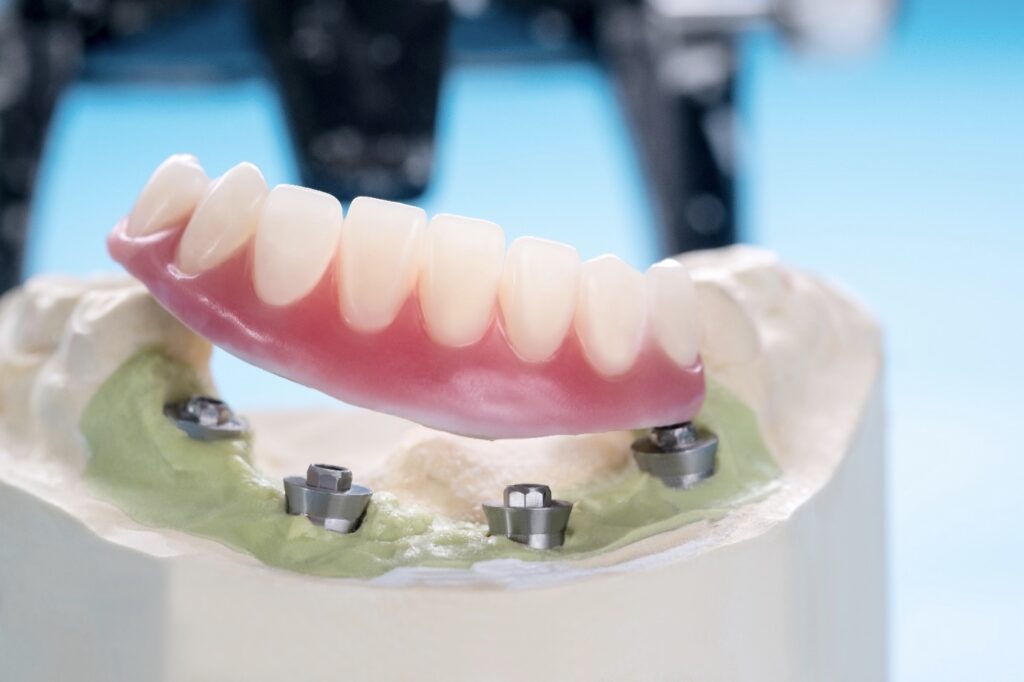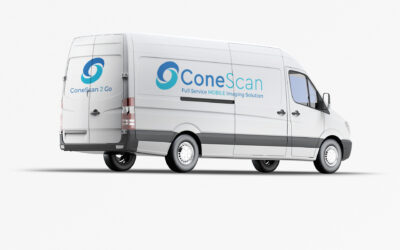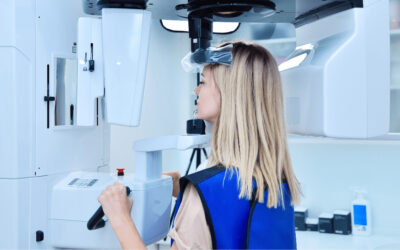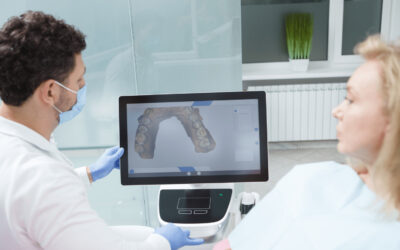
Dental implants are one of the most effective and long-lasting solutions for replacing missing teeth or supporting dentures. Once a dental implant is placed, it can support a full set of dentures with little risk of dislocation or failure. Moreover, dental implants may be the optimal solution if you are looking to replace your natural teeth with supported dentures in the future. Implant-supported dentures (also known as fixed partial dentures) combine the stability of a dental implant with the versatility and convenience of a removable denture. Because they are anchored to your jawbone, these restorations are much more stable than traditional removable dentures that only attach to your gums. This post will explain everything you need to know about this exciting new solution for replacing missing teeth and supporting dentures in the future.
What Is an Implant-Supported Denture?
An implant-supported denture is a removable partial denture that is attached to one or more dental implants. The implants are placed in your mouth at the same time as the implant-supported dentures. Once the implants heal, the dentures are removed, and the implants are used as an anchor for the dentures to attach to. Implant-supported dentures are also called fixed partial dentures or fixed retainers. While these terms are sometimes used interchangeably, they are slightly different. A fixed partial denture is a removable partial denture that is attached to dental implants. A fixed retainer is a removable partial denture that is anchored to the jaw with a couple of posts. Both of these restorations are designed to last for the rest of your life.
How Are Implant-Supported Dentures Installed?
For a stable and functional implant-supported denture, you will need a minimum of two dental implants per side. The implants may be placed in your gums at the same time as your dentures, or they may be placed later (if you do not need restorations at the time of your implant surgery). The dentures are removed and the implants are used as an anchor to attach the dentures at a later time. For a more stable and long-lasting set of dentures, you may choose to have your implants placed at the same time as your restorations. This is referred to as an “implant-supported denture.” The dentures are designed to be attached to the implants via three “abutments” or posts. These posts are inserted into the implants, and the dentures are then attached to those posts. These are all planned out before hand by an expert.
Pros of Implant-Supported Dentures
- High degree of stability: Implant-supported dentures are very stable and unlikely to dislodge in your mouth. In addition, they can be worn during activities that would normally dislodge a traditional removable denture (such as eating, speaking, and cleaning your teeth). –
- No need to replace worn-out dentures: Traditional dentures may need to be replaced every five to 10 years, and you may need a new set of dentures if you lose weight. With an implant-supported denture, you will not need to replace them.
- Convenient: Like a traditional removable denture, an implant-supported denture is removable and easy to clean. Unlike a traditional denture, though, it is much less likely to slip out of position and is suitable for activities that would dislodge a traditional denture (such as eating).
- Resistant to tooth decay and gum disease: Implants are designed to be resistant to bacteria, which means that implant-supported dentures are less likely to cause tooth decay and gum disease than traditional removable dentures.
Cons of Implant-Supported Dentures
- Higher cost: A set of implant-supported dentures will usually be more expensive than a traditional removable denture.
- Higher risk: Despite their many benefits, implant-supported dentures are riskier than traditional removable dentures. You will need to visit your dentist regularly for check-ups, and you may need to see a periodontist to have your gums carefully monitored as they heal around the implants.
- Longer healing time: Because implant-supported dentures require the healing of dental implants in your gums, they take longer to install than a traditional removable denture.
- Longer time off work: Because implant-supported dentures take longer to heal than traditional dentures, you may need to take a longer time off work.
- May not be suitable for all patients. You may not be a good candidate for implant-supported dentures.
Will You Need an Implant-Supported Denture?
Implant-supported dentures are suitable for most patients, but they may not be appropriate for everyone. It is important to visit your dentist and discuss your options before undergoing any dental procedures. Your dentist will help you decide if implant-supported dentures are the best solution for your situation. If you have a condition that would make a traditional removable denture less stable, more expensive, and more difficult to maintain, then you may be a good candidate for implant-supported dentures. Implant-supported dentures are especially appropriate for patients who want a long-lasting and stable solution that will last for the rest of their lives.
Final Words: Are Implant-Supported Dentures Right for You?
If you have lost teeth and you want a long-lasting and stable solution that will last for the rest of your life, then you may be a good candidate for implant-supported dentures. These are highly effective and convenient restorations, but they are more expensive and riskier than traditional removable dentures. If you have lost teeth and you want a solution that will last for the rest of your life, then you may be a good candidate for implant-supported dentures. These are very effective and convenient restorations, but they are more expensive and riskier than traditional removable dentures.


